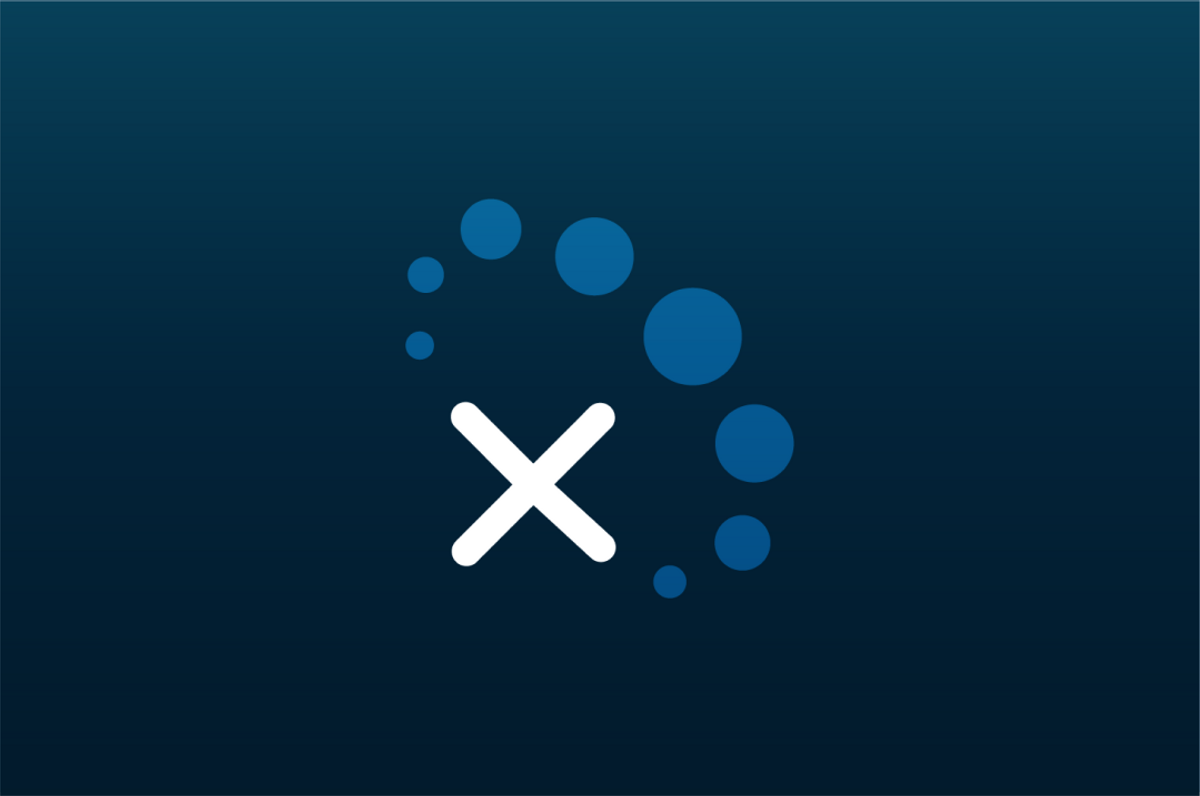The 5 Things You Need to Know About Distributed Cloud Databases

Customer expectations are fast evolving based on companies who leverage cloud innovation. Key to being able to meet customer expectations is having a distributed cloud database to drive your applications. The faster and more reliable your applications are, the more seamless the customer experience. But it’s not all about speed. It’s also about providing a highly personalized interaction that makes your customers feel as if you anticipate their needs and tailor your services to their unique preferences.
Distributed cloud databases are databases where the operational data is spread across various physical locations — data centers, hybrid clouds, public cloud regions or different public clouds. They may be a native service within a public cloud provider or from a cloud-agnostic software vendor.
These databases are critical to the success of your applications. Why?
Here are five features of applications that are powered by distributed cloud databases. Make sure any cloud database provider you consider supports these functionalities:
1. Relevancy
Applications have to be able to provide contextual logic to customize an experience for the customer. Your cloud database needs to correlate customer transaction data across all touchpoints to create an individualized customer experience. This takes the shape of recommendations and curating products or solutions that would most likely resonate with the customer.
2. Availability
It used to be that 99.99% uptime was acceptable. Not anymore. Today’s customers expect 100% uptime and your business can’t afford to fail on this. Any downtime sends customers to your competitors—and they stay where they find available service. Your cloud database needs to get continuous access to data without any downtime. It must be always on.
3. Responsiveness
Cloud databases need to process millions of transactions in real time in order to provide instant service to customers. Like downtime, customers have zero tolerance for lagging applications. They want their apps to work in the moment they need them.
4. Accessibility
Whether your company is national or global, chances are you have customers around the world accessing your apps. A distributed cloud database ensures that data can be replicated across multiple data centers and/or cloud regions. Applications are then available worldwide with localized data.
5. Engagement
As your business grows or experiences seasonal volume spikes, your cloud database needs to be able to automatically scale to handle more data quickly and cost-effectively. Scalability ensures you provide continuous service to customers while your business grows or experiences high volume traffic.
These are the five must-have features your distributed cloud database should offer. There’s one more feature you should look for: data autonomy. You need to be able to keep your data portable and avoid cloud lock-in.
DataStax Enterprise is the only geo-distributed data layer that provides data portability across public clouds to take advantage of each and agility when market changes require you to efficiently switch cloud providers. It also supports and makes GDPR compliance much easier.




